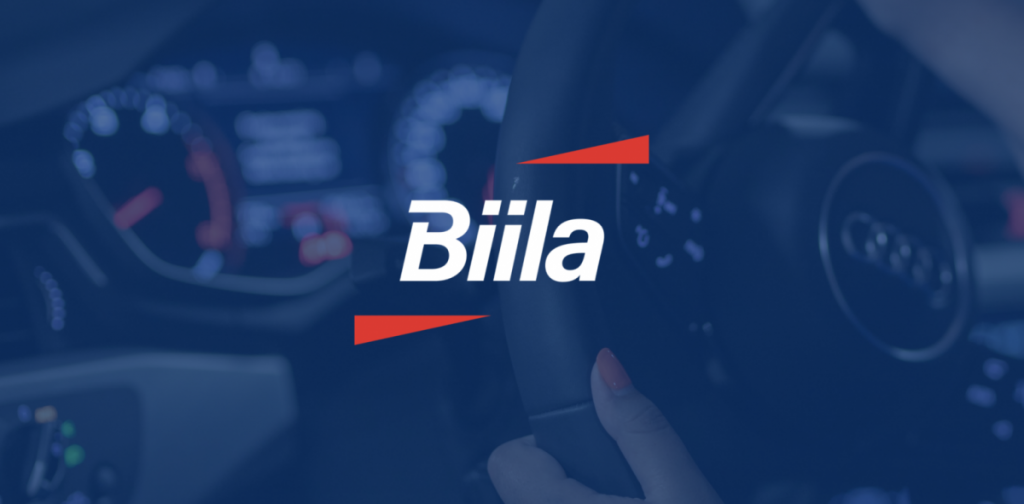

The AI Difference in Logistics Optimization

Elisa Laatikainen, 27.3.2024.

Artificial Intelligence (AI) is transforming businesses globally, and the dynamic world of logistics is changing amongst them. One of the most crucial elements of logistics optimization is route planning, which can make great difference between timely and efficient or costly and delayed operations.
Companies must now emphasize efficiency to ensure not only their competitive edge, but also their continued existence in the market. (1) This is exactly where AI can step in, offering creative solutions to redefine the logistics landscape.
AI-Powered Algorithms: The Game Changer
AI brings to the table what traditional methods are unable to – the ability to analyze vast amounts of data and learn from it. (2) In an optimal situation, well-crafted route planning regards not only finding the shortest path between two points, but also takes into consideration other variables, like traffic congestion, weather conditions, and demand. (3) Route optimization can also bring value in finding links between different routes, bridging gaps from one drive to another.
By utilizing AI-enabled comprehensive analysis, suggested routes are not just optimal, but also the most efficient and reliable. For instance, a recent study showed that the costs of fuel consumption and emissions could be reduced by as much as 20% by optimizing routes. (4) These savings are monumental in the logistics sector, directly impacting the bottom line.
Another edge that AI offers, is utilizing predictive analytics for operational efficiency and cost savings. In addition to predicting potential bottlenecks in traffic, AI can give foresights that enable companies to proactively plan their deliveries and allocate drives optimally. A report by McKinsey highlighted that predictive analytics could reduce operational costs by up to 15% and increase delivery efficiency. (5)
Biila's AI-Driven Transformation in Vehicle Logistics
Driving this AI-enabled development vigorously forward is Biila, a company that offers car relocation services to private customers and companies. In a world where it’s easy to buy a car online from the other side of the country, Biila brings together supply and demand by uniting people who need car relocation services to their drivers. Biila’s success story started in 2008, when the founders of the company created it to transform the way the world of logistics is operated, and shifted a rather traditional field into platform economy. (6)
Biila’s solution enables hiring a car transfer easily, with only a few clicks online. Biila serves its customers every day of the year, moving more than 400 cars a day on average. In the recent years, Biila has invested heavily into developing pioneering digitalized solutions. In addition to collaborating with various partners to create cutting-edge solutions to optimize refueling and driver experience, they have also formed a unit to solely focus on utilizing AI in logistics optimization. With Biila’s massive growth trajectory and recent expansion to Sweden, developing AI-enabled solutions to support cost-efficiency and increase driver experience and engagement, has become a priority. (6)
One of the solutions Biila Labs has created is a system that utilizes AI to optimize route planning, chaining transfer runs into ideal entities. This innovation allows drivers to make several consecutive trips, optimizing the length of the journey from the car’s delivery destination to the next address. Biila’s goal is also to streamline scheduling, enabling the formation of driving chains lasting the length of the working day, and improve the competitiveness of the service. (6)
Driving the development forward with FAIR’s support
Biila’s collaboration with Finnish AI Region FAIR (EDIH) is driving the development forward by FAIR’s support for Biila Labs’ development team with cutting-edge AI knowhow and resources.
“Collaboration with FAIR has been pivotal, offering expertise in AI and other technologies, which has been valuable to our development and scaling efforts”, states Biila’s CEO Aapeli Kallunki. “This partnership highlights the potential for AI to enhance logistics and operational efficiency in the logistics industry.”
“With FAIR’s vast resources and pool of experts, we are able to provide support and refine development needs as they emerge”, says Biila’s FAIR Customer Manager Elisa Laatikainen. “This is where our individual approach comes to play. By creating a tailored roadmap that adjusts to their current situation, we are able to support Biila step by step, with precision and care.”

Biila - the easiest way to move cars
Biila's application brings together automotive operators and occasional drivers who need to move vehicles on one platform
References
Ichoua S., Gendreau M. & Potvin, J. 2007. Planned Route Optimization For Real-Time Vehicle Routing. In Dynamic Fleet Management.
Alahakoon D., Nawaratne R., Xu, Y. et al. Self-Building Artificial Intelligence and Machine Learning to Empower Big Data Analytics in Smart Cities. Inf Syst Front 25, 221–240 (2023).
Wu-Chih H., Hsin-Te W., Hsin-Hung C. & Fan-Hsun T. 2020. Optimal Route Planning System for Logistics Vehicles Based on Artificial Intelligence. Journal of Internet Technology Volume 21 (2020) No.3.
Jovičić N., Bošković G., Vujić G., Jovicic G., Despotovic M., Milovanovic D. & Gordic D. 2011. Route optimization to increase energy efficiency and reduce fuel consumption of communal vehicles. ResearchGate.
McKinsey 2021. Succeeding in the AI supply-chain revolution.
Biila 2024. Available Biila.io.


Finnish AI Region
2022-2025.
Media contacts